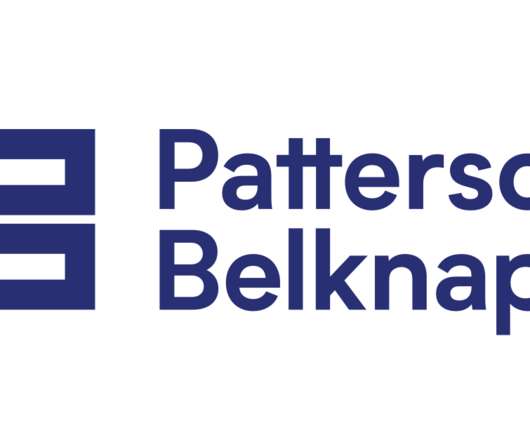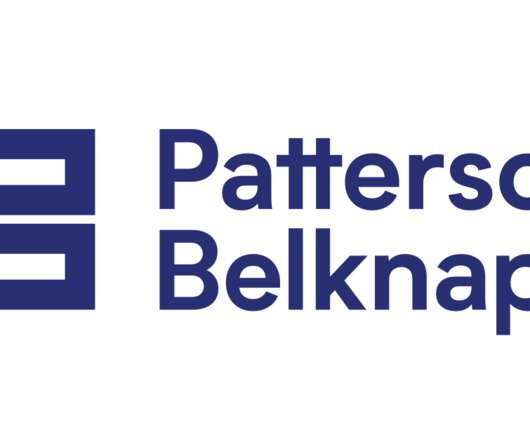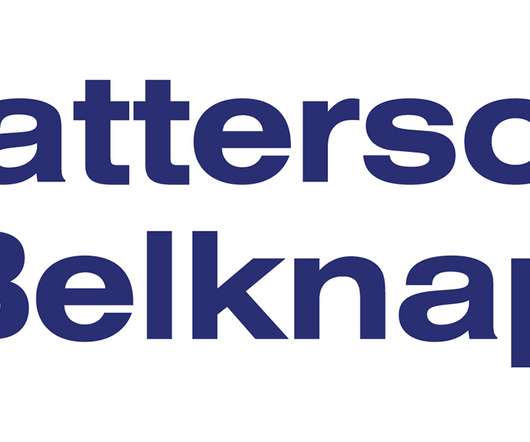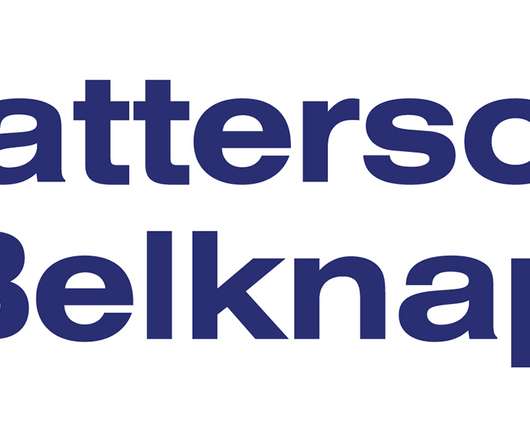New SDNY Decision on Administrative Priority for Executory Contracts
PBWT
SEPTEMBER 30, 2022
To encourage parties to transact with debtors in bankruptcy, the Bankruptcy Code in corporate bankruptcies provides highest priority to “administrative expenses,” which include “the actual, necessary costs and expenses of preserving the estate.” ” 11 U.S.C. § ” 11 U.S.C. §
























Let's personalize your content